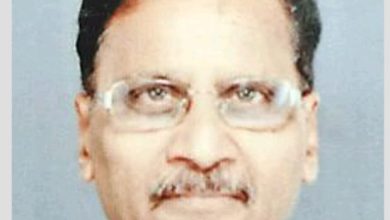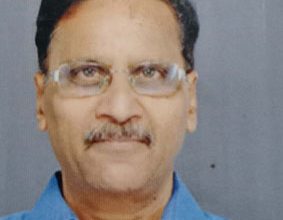ED Chief’s Extension
Striking a Balance Between Continuity and Renewal

The extension of the Enforcement Directorate (ED) chief’s tenure by the Supreme Court has sparked debates about the principles of justice and the priorities of our justice system. The decision to extend the tenure “in the national interest” has left many questioning the ambiguity of the term and the implications it carries for our institutions.
In the present case, the bench allowed ED chief Sanjay Kumar Mishra to continue in his position till September 15, citing “larger public interest.” The Centre argued that Mishra’s continuation was essential for a positive review by the Financial Action Task Force (FATF), which evaluates India’s compliance with international protocols against money laundering and financial terrorism.
However, the government’s request for an extension till October 15 was met with an extension only till September 15 by the bench, led by Justice BR Gavai.
The use of “national interest” and “larger public interest” in extending tenures has become a recurring theme, raising concerns about transparency and accountability. The concept is sometimes accepted by the Supreme Court, while at other times, it is questioned.
This inconsistency leaves the common man unaware of the criteria for accepting or rejecting such pleas. While the government contends that continuity in certain key positions is essential to maintain stability and ensure the completion of ongoing initiatives, there is also a need to acknowledge the importance of renewal and fresh perspectives. The practice of granting extensions, especially to officials nearing retirement, often leads to speculation about potential irregularities or misuse of power. Such perceptions erode public trust in the system and call for a reevaluation of the process.
The case of the ED chief highlights the dilemma faced by our institutions in balancing continuity and renewal. On one hand, allowing experienced officials to continue in their roles might ensure the completion of crucial tasks and the prevention of leadership vacuums. On the other hand, it could hinder the promotion of new talent and fresh ideas, leading to stagnation and a lack of innovation.
It is vital to consider the larger consequences of such extensions beyond individual cases. Granting repeated extensions to a few individuals may inadvertently create a culture of dependency and discourage accountability.
Institutions should prioritize building a strong pool of capable leaders to ensure a smooth transition of responsibilities and avoid overreliance on a single individual. Moreover, the “national interest” argument, while compelling in some instances, should not overshadow the importance of collective efforts in achieving national goals. Relying solely on one person’s leadership could undermine the potential contributions of a diverse team with varied expertise.
The public perception of the extension is also critical. If such decisions are perceived as rewards for specific actions against political opponents, it raises questions about the impartiality and objectivity of our justice system. A fair and unbiased selection process for key positions is essential to maintain public trust and uphold the principles of justice.
The judiciary, as the guardian of justice, must critically evaluate the government’s pleas for extensions and uphold the integrity of our institutions.While the ongoing evaluation by the FATF might be crucial, it should not be the sole basis for granting extensions. The judiciary needs to strike a balance between respecting the government’s legitimate concerns and safeguarding the principles of justice and accountability.






